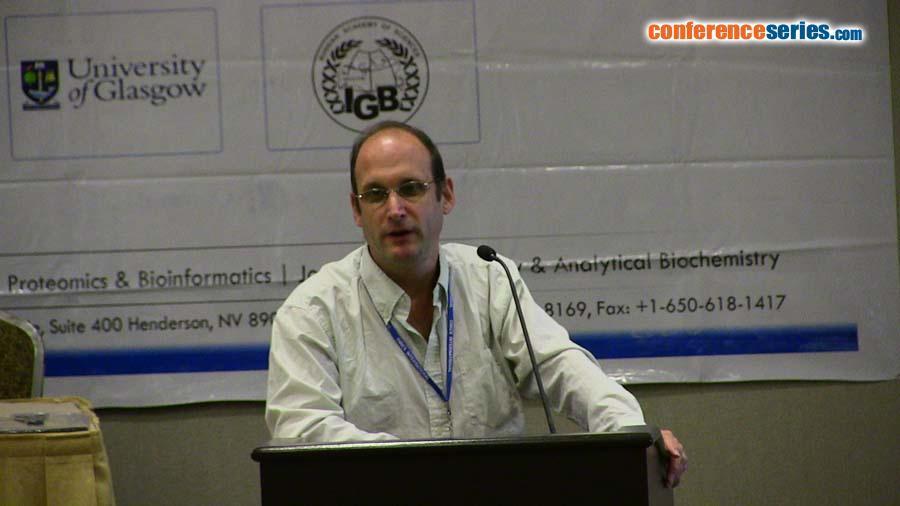
Eylon Yavin
The Hebrew University of Jerusalem, Israel
Title: RNA detection in living cancer cells by far-red emitting PNA-FIT probes
Biography
Biography: Eylon Yavin
Abstract
To diagnose cancer early on has no doubt a huge impact on the success rate of anticancer therapy in almost all clinical settings. One promising approach is based on the detection of RNA biomarkers; particularly, mutated RNA that gives a distinct signature and allows a better choice of treatment. One attractive approach is based on the use of FIT-PNA (forced intercalation – peptide nucleic acid) probes. These PNA molecules hybridize to complementary RNA and gain fluorescence only after binding to their RNA target. We have previously shown that such FIT-PNAs with TO (thiazole orange) as a surrogate base, fluoresce in living pancreatic cancer cells (Panc-1) that express mutated kRAS mRNA (G to A single point mutation at codon 12) but not so in colon cancer cells (HT-29) that express wild-type kRAS mRNA. Herein we report on the design and synthesis of a new surrogate base (BisQ) with the unique feature of far-red emission. This surrogate base was introduced into PNAs that target the mutated kRAS oncogene. PNAs with a short cell penetrating peptide (CPP) consisting of 4 D-Lysines were shown to readily penetrate living cancer cells and fluoresce in the far-red region (ï¬max = 609 nm) exclusively in pancreatic cancer cells (Panc-1) that express the mutated form of kRAS but not in pancreatic cancer cells that are non-mutated (wild type) in kRAS (BxPC-3). We are currently developing new FIT-PNA probes targeting other RNA biomarkers and exploring new surrogate bases with unique spectral properties.



